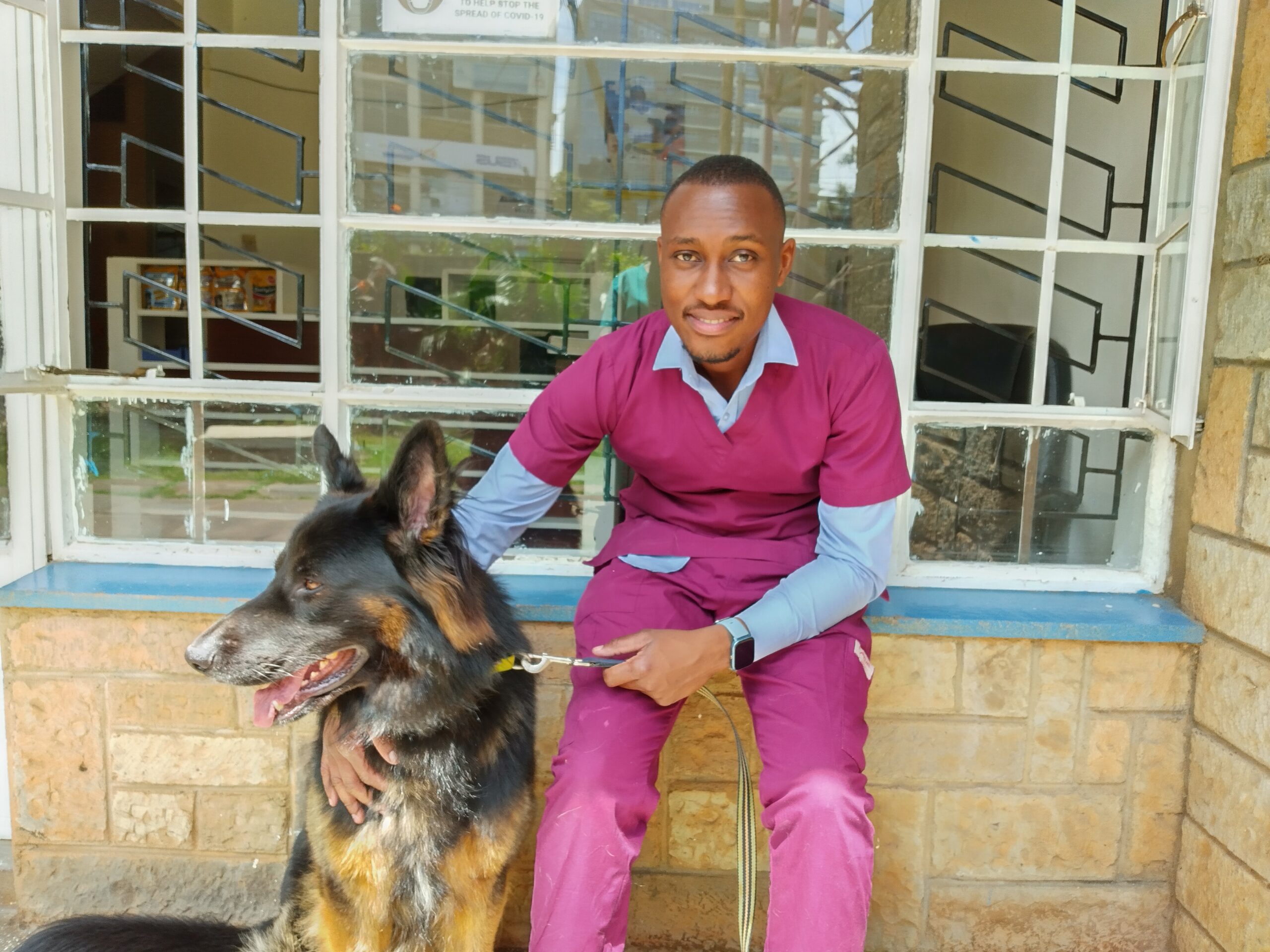Chocolate poisoning in dogs occurs when they consume chocolate or any products that contain cocoa beans. Chocolate contains a substance called theobromine, which is toxic to dogs. Theobromine belongs to a class of compounds called methylxanthines and is similar to caffeine.
When a dog ingests chocolate, the theobromine is absorbed into their bloodstream and affects their central nervous system, cardiovascular system, and other organs. The toxicity level depends on the type and amount of chocolate consumed, as well as the size and weight of the dog.
Theobromine affects dogs differently than it does humans because dogs metabolize it much more slowly, leading to a buildup of toxic levels in their system. While humans can tolerate theobromine, dogs are much more sensitive to its effects.
Symptoms of chocolate poisoning in dogs can vary depending on the amount of chocolate ingested and the size of the dog. Common signs include:
- Vomiting
- Diarrhea
- Increased thirst and urination
- Restlessness or hyperactivity
- Rapid breathing
- Increased heart rate
- Tremors or seizures
- Elevated body temperature
- Abnormal behavior
- Weakness or collapse
In severe cases or when large quantities of chocolate are ingested, chocolate poisoning can be life-threatening for dogs.
It’s important to note that different types of chocolate have varying levels of theobromine. Dark chocolate and unsweetened baking chocolate contain higher levels of theobromine compared to milk chocolate or white chocolate. Therefore, dark chocolate and baking chocolate are more toxic to dogs.
If you suspect your dog has ingested chocolate or shows any symptoms of chocolate poisoning, it’s crucial to seek immediate veterinary care. The veterinarian may induce vomiting to remove the chocolate from the dog’s stomach or administer activated charcoal to prevent further absorption of theobromine. Supportive treatments such as intravenous fluids, medications to control symptoms, and monitoring may be necessary depending on the severity of the poisoning.
To prevent chocolate poisoning, it is important to keep all chocolate and cocoa products out of reach of dogs. Be cautious during holidays or events where chocolate is commonly present, such as Halloween or Christmas, and educate family members or guests about the dangers of giving chocolate to dogs. If you suspect your dog has ingested chocolate, don’t hesitate to contact your veterinarian for guidance.







